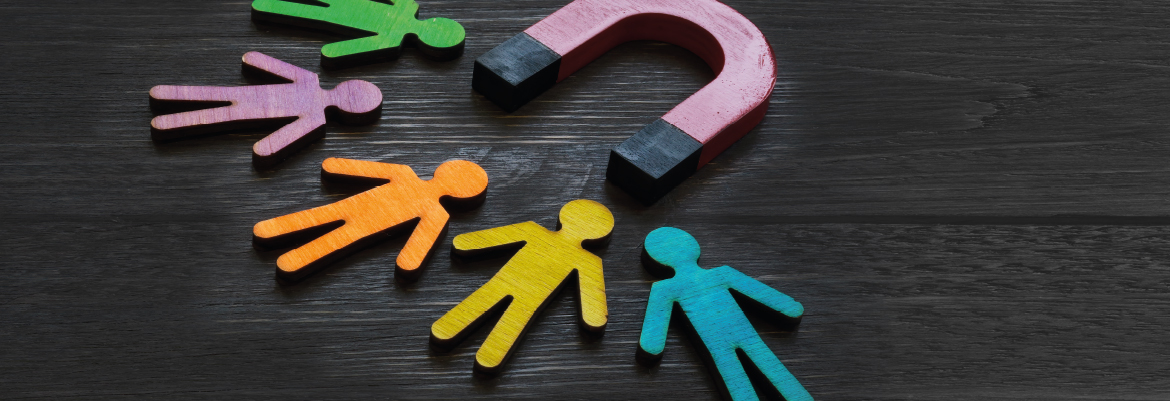Have we lost our saltiness?
It was an overcast Sunday morning in Croydon, south London in 2006. I followed my mum to church; the gospel was preached, and I responded. I put my trust in Jesus. My heart fell in love and my head has been catching up ever since. I had found a treasure that gave me so much; it needed to be shared. Since then, I graduated as a medical doctor from arguably the best medical school in the world. [1] Since graduation medicine has taken up a large majority of my time. This is probably the same for you if you are healthcare bound. When I look at the metaphor Jesus used in Matthew 5, I ask myself, am I still appropriately salty? How do I provide the right amount of salt in a confusing healthcare context?
The Saline Solution enables us to ask and answer these questions with material based on five questions formulated to interact with the Christian healthcare professional journey. This course has helped multitudes of students, doctors, nurses, midwives and allied health professionals think about how they can stay salty by sharing their faith at work in a tricky healthcare context, avoiding manipulation and declaring war on apathy. In many countries, the Saline Solution helps us consider whole person healthcare, interacting with more than just the physical aspect of the patients we serve.
It can be easy to think the if we haven't shared our favourite two-minute gospel presentation with someone, then we haven't 'done any evangelism'. Yet it is unusual to have the opportunity to do this in the vast majority of healthcare interactions. The Saline Solution uses one of Jesus' agricultural analogies in a way that reassures and encourages us. In John's gospel, Jesus talks about the process of sowing and harvesting.[2] It is clear that although we often focus on 'harvesting', there is much work to be done in cultivating and sowing.
As a healthcare professional, our interactions with patients around faith are far more likely to be in the 'cultivating' category — perhaps a few words that God might use to give a patient hostile to the church a more positive impression of believers, so encouraging a patient to accept that invitation to church that comes from a Christian in their workplace months later. This is not only for patients, but also colleagues that we might see over and over again. In all the courses I've attended this notion of cultivation always brings a healthy discussion, especially if your specialty does not make it easy to see the same patient again and again.
In Rebecca Manley Pippert's Out of the Saltshaker and into the World, Christians are encouraged to make evangelism a way of life by 'planting the seed and declaring the truth'. This can be a yearning for Christians regardless of their profession. But evangelism can be challenging to do well in a healthcare context. Patients can be vulnerable and subject to coercion by an abuse of power. The Saline Solution is tailored to evangelism in a healthcare context and includes discussion about the perceived power imbalance between healthcare professionals and patients.
We must be careful that being thoughtful about how we use our position at work does not lead our hearts into the sacred-secular divide. When we are updating the surgical list or seeing that patient for what feels like the hundredth time, are will still bringing glory to God? Read Tim Keller's Every Good Endeavour to answer this. If you have already read it, you'll know what I mean.
At my last Saline event I saw a friend who was at the first ever Saline course I taught. This was his fifth or sixth course as he progressed from medical student to junior doctor. As his life and seniority changes, he gets something different each time. We spend most of our lives at work. This can make it easier to become like everyone else around us and forget the power of the gospel.
Could we commit to attending a Saline Solution course? CMF runs these periodically, with details on the CMF website. The box below also links to an online version which will teach the same material — although there is much to gain from the interactions at a face-to-face course.
As healthcare professionals, we can better cultivate the hearts of our patients and colleagues, sometimes sowing and occasionally reaping a harvest






























